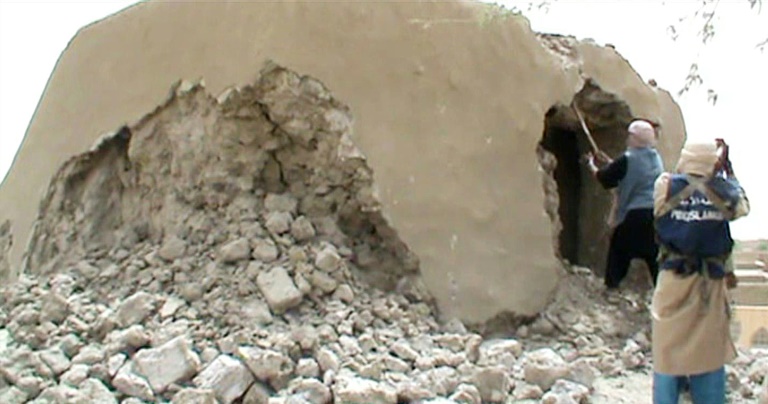Police confirm second suspect arrested for hit inside Wynberg court
Germain Katanga, 39, a former militia commander from the restive northeastern Congolese Ituri province, had appealed against the compensation, arguing that it was excessive and did not reflect his role in the event.
But judges at the International Criminal Court disagreed.
Presiding judge Howard Morrison said the purpose of reparations “is to repair the harm that was inflicted on the victims” and where possible to try restore things to where they were before.
“That this amount may be high is simply a result of the extent of the harm caused by the crimes for which the person was convicted,” Morrison added.
In its first-ever reparations, the ICC in March 2017 awarded a symbolic $250 each to 297 people caught up in the brutal attack by Katanga’s militia on Bogoro village in Ituri province.
It also awarded collective compensation for projects to help victims with housing, education and “income-generating activities” as well as counselling.
Katanga is now behind bars in the Democratic Republic of Congo completing a 12-year sentence handed down by the ICC in 2014 on five charges of war crimes and crimes against humanity for the attack.
He was convicted of supplying weapons to his militia, which went on the rampage in Bogoro, shooting and hacking to death with machetes some 200 people, out of a small close-knit community of about 800 people.
The ICC’s judges assessed the total damage caused by the attack at some $3.7 million (three million euros).
But they also ruled that Katanga, despite being penniless, was “personally liable” for a million dollars in damages.
Katanga’s lawyers had appealed against the award, saying it was excessive, and did not reflect his role in the event.
But Morrison said Thursday “the attack was particularly intense” and it was “not unreasonable” for the trial judges “to presume that psychological harm was experienced by the inhabitants of Bogoro resulting from the loss of their family members, near or distant.”
The appeals judges also ruled that five children, born after the attack, who had applied for compensation must have their claims re-assessed after they were initially turned down.
– Two further appeals –
In a separate appeal Thursday, the ICC judges also mostly confirmed damages awarded against Malian jihadist Ahmad Al-Faqi Al-Mahdi.

Islamist militants smashed the ancient tombs of Muslim saints in Timbuktu in July 2012. The shrines have been repaired and the key figure in their destruction, Ahmad Al-Faqi Al-Mahdi, is serving a nine-year jail term
Mahdi was sentenced in September 2016 to nine years in jail after pleading guilty to destroying the fabled shrines at Timbuktu.
The ICC judges found in August that he was liable for 2.7 million euros in personal damages for the destruction of the site, committed as jihadists swept across northern Mali in 2012.
But the appeals court slightly amended the wording, to allow individual victims to appeal if their application for compensation is rejected, and to allow victims to keep their identities secret from Mahdi.
In a third ruling Thursday, judges threw out an appeal by former Congolese vice president Jean-Pierre Bemba against a bribery conviction and one-year jail term and called instead for a new, likely tougher sentence to be imposed.
Download our app